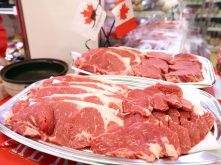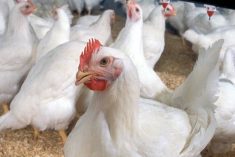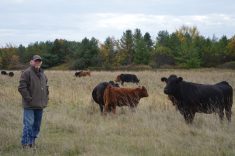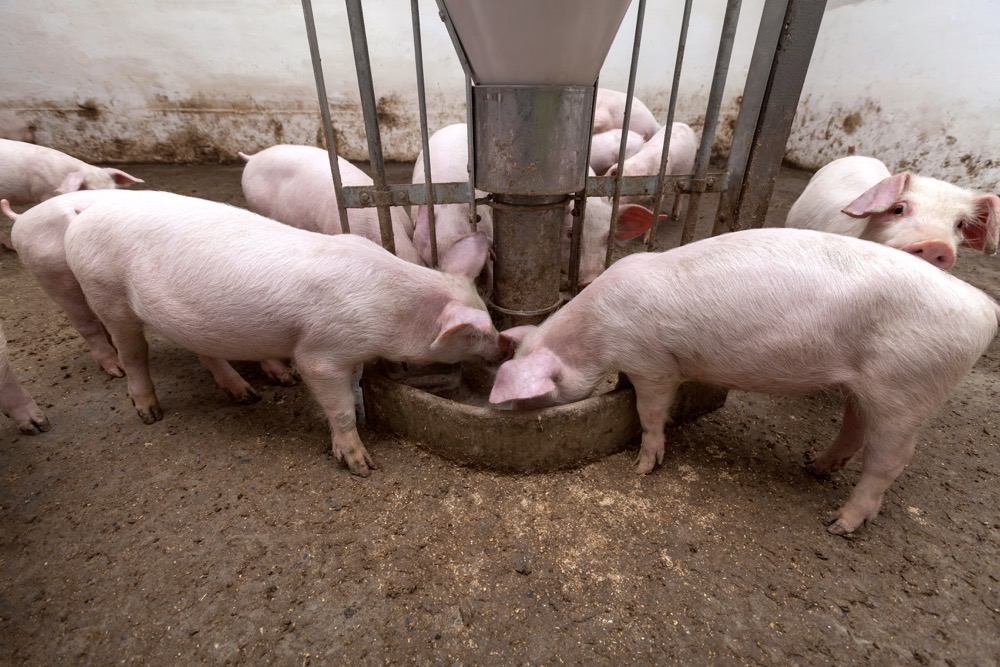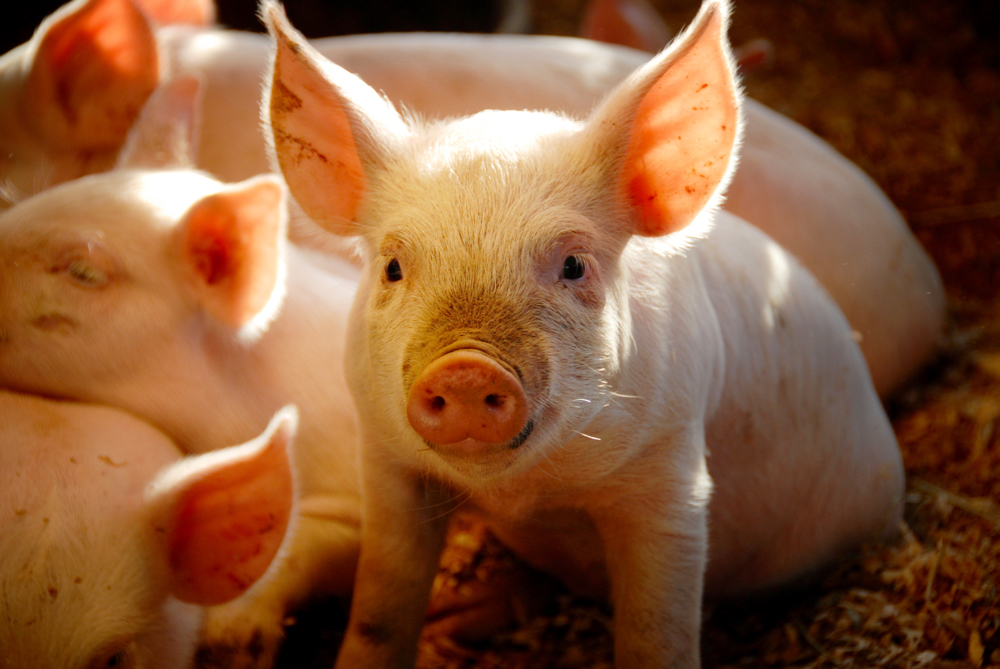Germany announced a plan to enforce higher standards in animal feed production Jan. 14 after the discovery of toxic chemical dioxin in feed, which has triggered a health alert and hit sales of German eggs and pork.
German and European Union authorities are struggling to contain the alert which began on Jan. 3, when German officials said feed tainted with the highly poisonous dioxin had been fed to hens and pigs, contaminating eggs, poultry meat and some pork at the affected farms.
There will be a new licensing system for producers of oils and fats for animal feed use plus a compulsory separation of oils and fats output for use in industrial and animal feed, German Agriculture Minister Ilse Aigner said.
Read Also
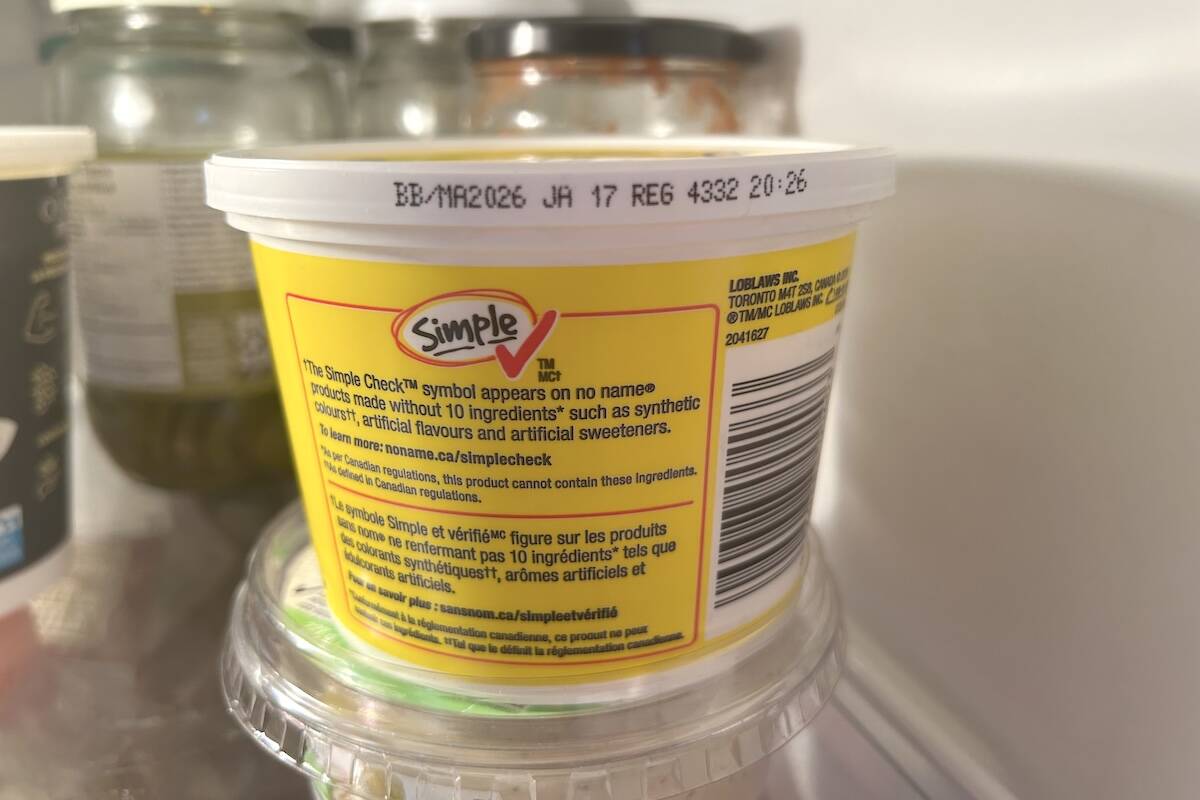
Best before doesn’t mean bad after
Best before dates are not expiry dates, and the confusion often leads to plenty of food waste.
Animal feed producers will also be compelled to take out extra insurance as part of moves to raise standards in the industry, she said.
“We will significantly increase safety standards and sharpen obligations to notify authorities and the duty to inspect,” Aigner said at a press conference in Berlin, adding: “Consumers expect this and we are going to do it.”
The plan also involves a new requirement that animal feed producers test their ingredients themselves and give all test results to the authorities, she said.
Private testing laboratories which discover suspect components in animal feed or food will also have a duty to report the findings.
Germany will also press at a European Union level for a list of ingredients permitted in feed; this could not be done by Germany alone, Aigner said.
The government will investigate expanding the criminal law to food-and feed-safety regulations, possibly making infringements of food-safety law a criminal rather than civil offence.
An early-warning system will also be created for dioxin testing by pooling test results in a data bank. Overall testing quality must be improved and local authorities must make dioxin finds public immediately, she said.
Prosecutors in Germany are investigating the cause of the contamination and specifically whether industrial fats and feeds company Harles and Jentzsch distributed fatty acids meant for industrial paper production to animal feed processors. The company has declared insolvency.
LIMITED IMPACT
The proposals were overall correct but EU wide action was needed on safety as farmers could still freely buy feed produced in other countries, said Bernhard Kruesken, chief executive of German feed industry association DVT.
“An isolated national move inside the European Union means that the impact will be limited,” Kruesken said. “There are over 100 fat producers in the EU and the trucks are fast.”
German farmers’ association DBV welcomed the package and said it should be put into action quickly. But the DBV said insurance cover for the feed industry should also be taken to pay compensation to farmers who could not sell produce because of tainted feed.
German sales of eggs, chicken and pork have slumped following the dioxin alert, the country’s food industry association said Jan. 13.


